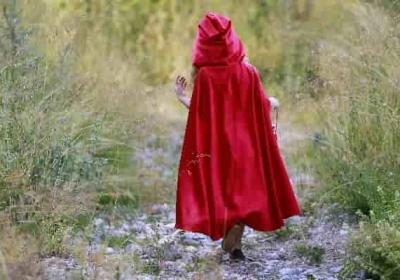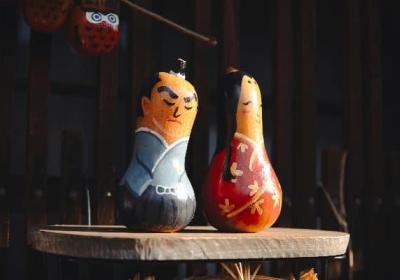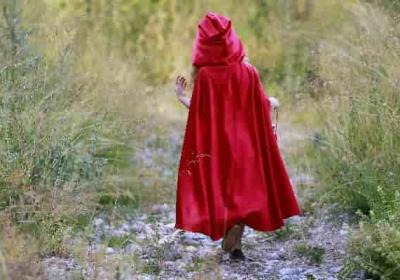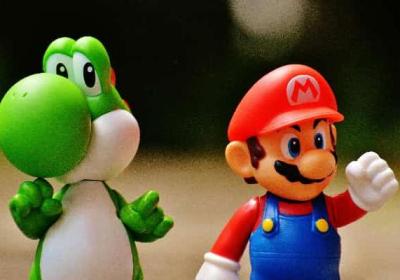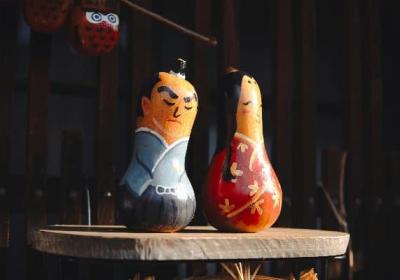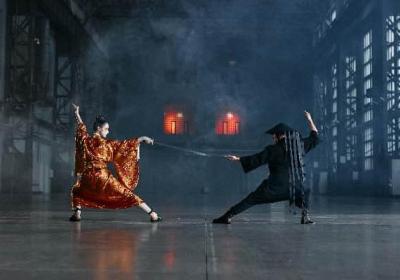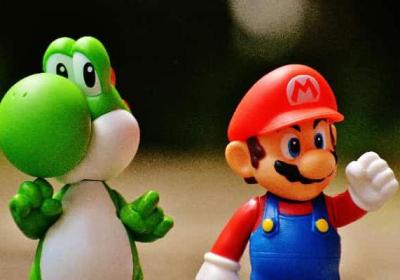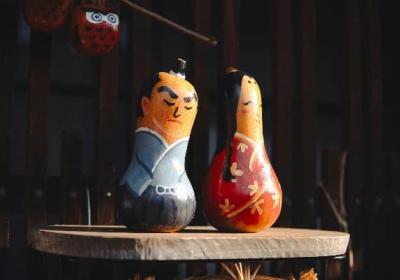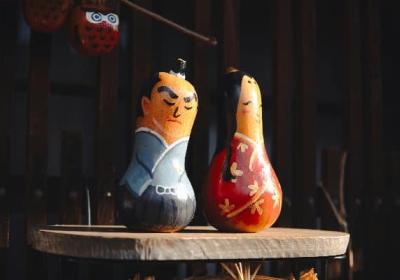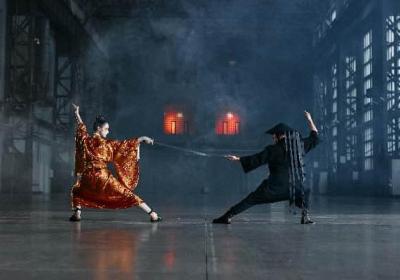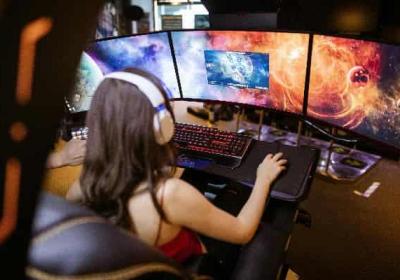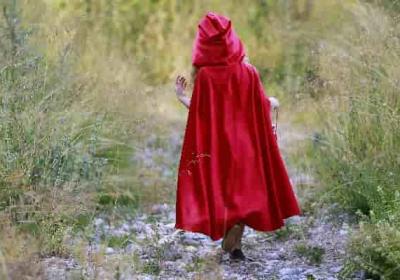表情符号是文字还是非文字的一种语言形式表情符号本质上属于非文字的表意符号系统,但已发展成数字时代的通用辅助语言。我们这篇文章将从符号学、语言学和社会传播学三个维度解析表情符号的跨界属性,并阐述其与文字系统的根本差异与互补关系。表情符号的符...
How to say "我的世界" in English and what cultural nuances does it carry
How to say "我的世界" in English and what cultural nuances does it carryThe direct English translation of "我

How to say "我的世界" in English and what cultural nuances does it carry
The direct English translation of "我的世界" is "My World", but when referring to the popular sandbox video game, it should be translated as "Minecraft". This article explores the linguistic differences, cultural adaptations, and why direct translations sometimes fail to convey the full meaning across languages.
The linguistic breakdown of "我的世界"
Breaking down the Chinese phrase character by character reveals its literal meaning. "我" means "my", "的" is a possessive particle, and "世界" translates to "world". When combined, these characters create the straightforward phrase "my world". However, language translation often involves more than just word-for-word conversion.
Why "Minecraft" instead of "My World"
The game developers at Mojang specifically chose "Minecraft" to emphasize the core gameplay mechanics - mining and crafting. While "My World" captures the personal, creative aspect of the game, it misses these crucial elements that define the gameplay experience.
Cultural adaptation in translation
Video game titles frequently undergo cultural adaptation during localization. The Chinese version maintains the sense of personal ownership and infinite possibility through "我的世界", while the English original focuses on the material processes within the game world. This demonstrates how translation strategies vary based on target audience expectations.
The commercial considerations behind naming
Market research likely influenced both versions of the title. "Minecraft" tested better with Western audiences for its immediate indication of gameplay, while "我的世界" resonates more strongly with Chinese players' preferences for expansive, imaginative concepts.
When direct translations work and when they fail
Some game titles like "The Sims" (模拟人生) translate directly well, while others like "Animal Crossing" (动物森友会) require complete reimagining. The success depends on cultural concepts that either cross borders easily or need significant adaptation.
Q&A常见问题
What other video game titles have dramatically different translations
Many popular games undergo significant name changes for different markets. For example, "PlayerUnknown's Battlegrounds" became "绝地求生" (Survival of the Fittest) in Chinese, while the Japanese version of "Final Fantasy" retains the English name but with katakana pronunciation.
How does Minecraft's Chinese name affect its marketing in China
The Chinese title helped position the game as a creative outlet rather than just a survival game, aligning with local gaming preferences for social and building elements over pure competition.
What translation approach works best for game localization
Successful localization often balances three elements: maintaining the original's spirit, adapting to local cultural norms, and ensuring market appeal. Literal translations rarely work well without considering these factors.
相关文章

